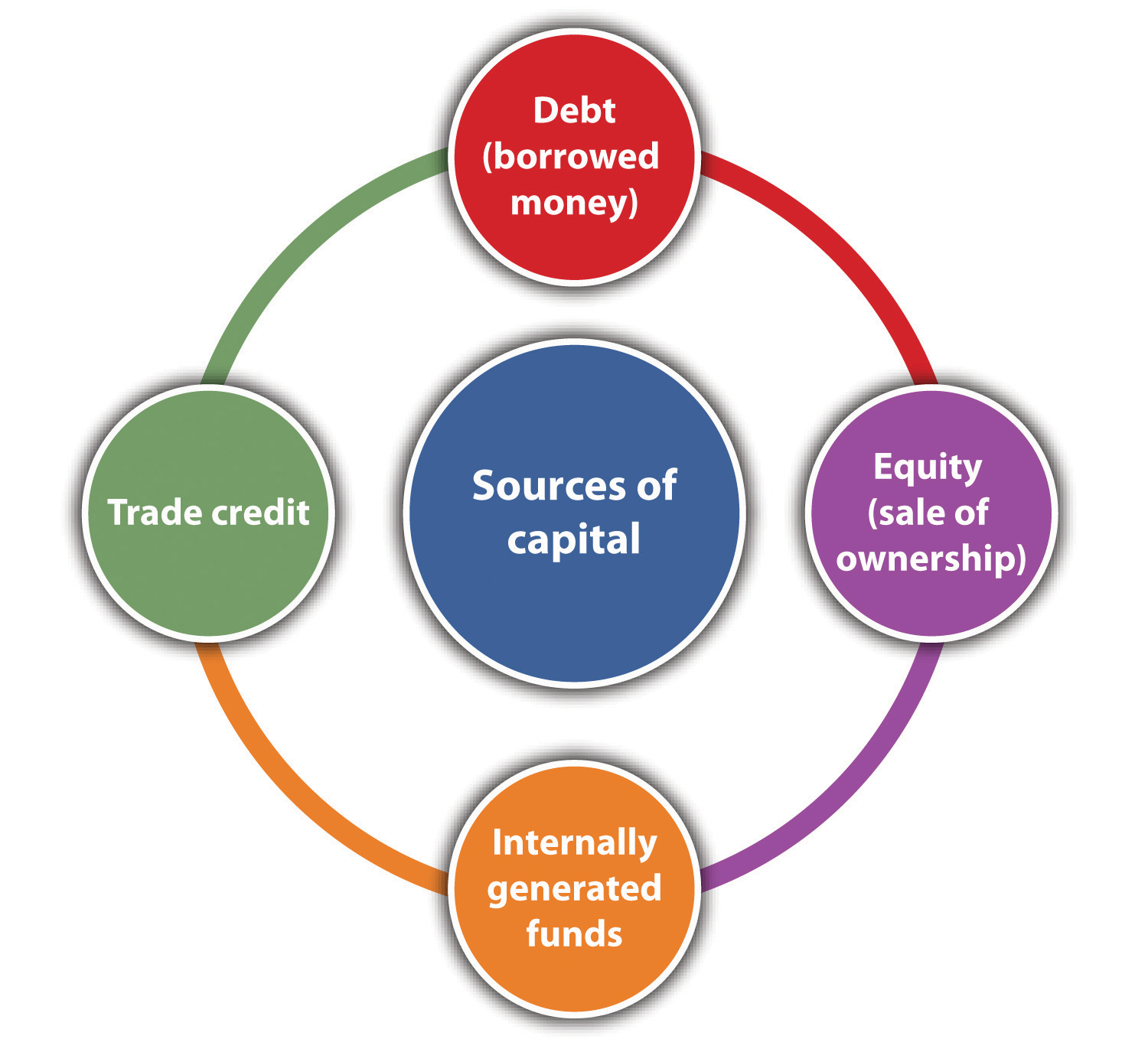Image source: http://image.slidesharecdn.com/launchpad-beyondthepc-110125160119-phpapp02/95/beyond-the-pc-paradigm-shifts-for-job-seekers-2-728.jpg?cb=1295971803
While the organization scandals and the terrorist attacks of September 2001 that precipitated the economic recession were largely not possible to predict, a financially literate population may possibly properly also properly, no much cut down than theoretically, have taken some regular steps to mitigate the severity of human being loss. For get together, many survivors of 9/11 victims discovered that their household had not made adequate financial preparations: insurance was inadequate or non-existent, beneficiaries weren't designated, and contingency plans for spouses and infants were incomplete or nonexistent. Further, many who incurred financial losses due to the economic downturn may possibly properly also properly have upper protected their belongings by employing a couple of regular financial principles: diversify your investments, restrict holdings of your It isn't a matter of if and when things will occur, on the other hand how organized are we for the unpredictable?
Looking forward
The intention isn't to perpetuate the fear-based financial dogma generally found in todays renowned media in fact that is part of the scenario. Instead, the intention is to highlight the will for enhanced financial literacy and emphasize that the current financial messages aren't reversing the trend.
To enhance national financial literacy, a cursory observation suggests a couple of possible answers:
Educate our youth.
Retirement preparedness
Align and unite fragmented efforts. Educate and leverage non-profit and neighborhood-based companies as they are generally the first to assistance the ones inside of one of the most need
The style of individuals who said they had calculated the extent of money they desires to unavoidably store for retirement remains unchanged around 42%.
A appearance at the past
More than half of of all workers have much cut down than $50,000 saved for retirement and three quarters of all workers who have not put any money aside have much cut down than $10,000 in whole belongings.
Approach financial literacy from a softer emotional and intellectual level. Avoid poverty cognizance with fear-based dogma while increasing prosperity and abundance rhetoric.
Only forty% of employees say that they or their spouse has an outlined merit plan at paintings, yet sixty one% state that they intend to obtain earnings from such a plan in retirement.
Since the New Deal, government applications that help our financial success have been a consistent part of our social fabric till now. With questionable social defense solvency and dwindling numbers of regular pension plans, recent public policy has shifted in opposition t more private ownership and creating unparalleled human being savings opportunities. However, new opportunities breed new responsibilities and we must question whether individuals are organized for such a societal paradigm shift. In light of contemporary situations and retirement preparedness files, it particularly is clear that a tremendous number of individuals are inadequately armed to take full ownership in their financial futures.
While it particularly is clear that we are experiencing a drastic societal transition, it particularly is unclear if American citizens will be correctly organized. Because of this, it particularly is imperative that schooling and financial literacy remain because the paramount tenant of the ownership debate. Together, a financially literate, warmly secure, and drastically filthy rich populous be self-sufficiently organized for surprising situations, on the other hand have the strength and vigor to do surprising things.
According to the latest Retirement Confidence Survey (RCS), performed by the Employee Benefit Research Institute, Americans nonetheless have yet to manage the hot responsibilities properly. The 2006 survey effects show a continuation of a trend that started several years inside of the past: many American workers aren't waiting to undertake the mission of financial making plans for their own retirement and face the chance of having to paintings longer than they are expecting. The survey facets to some entertaining observations:
Make financial services authorities much easier, more apparent, and more attainable to all people across all demographics.
